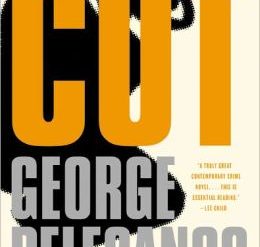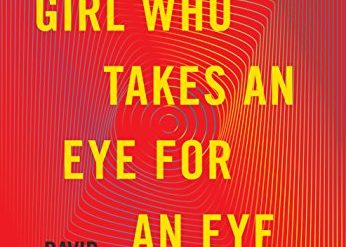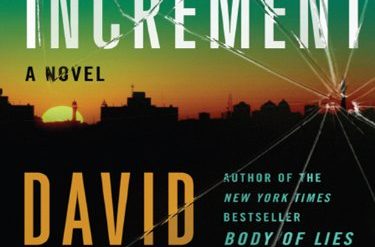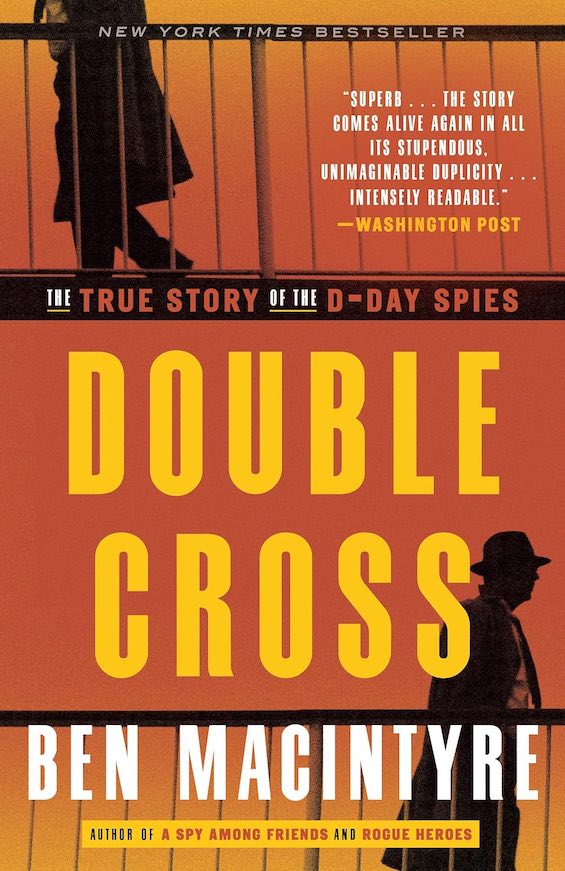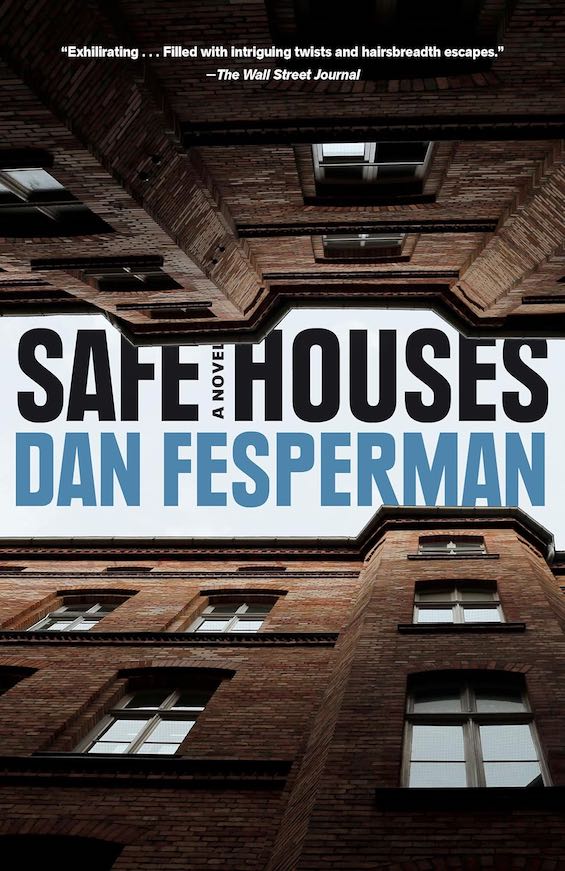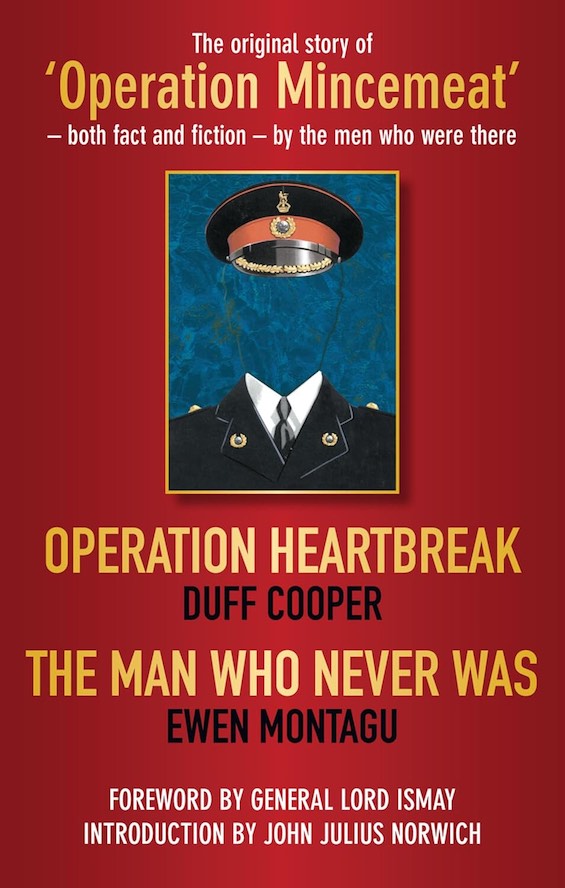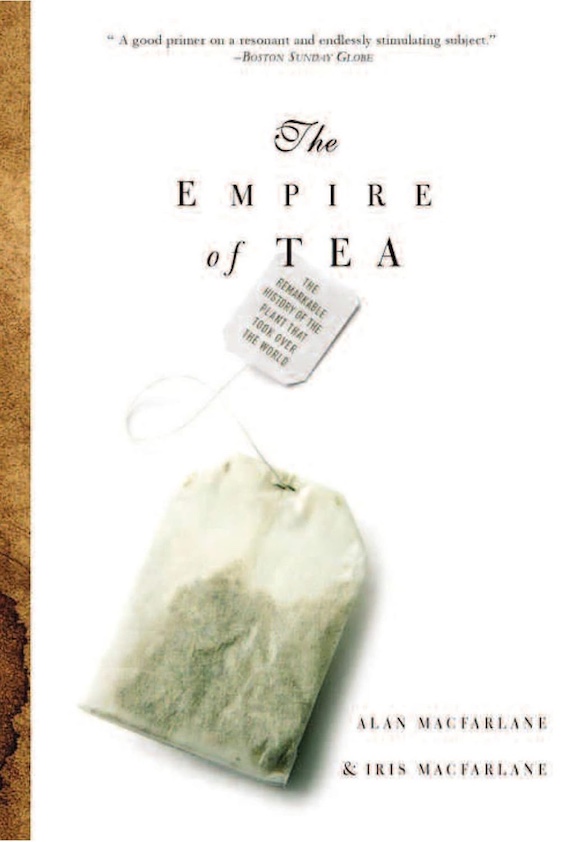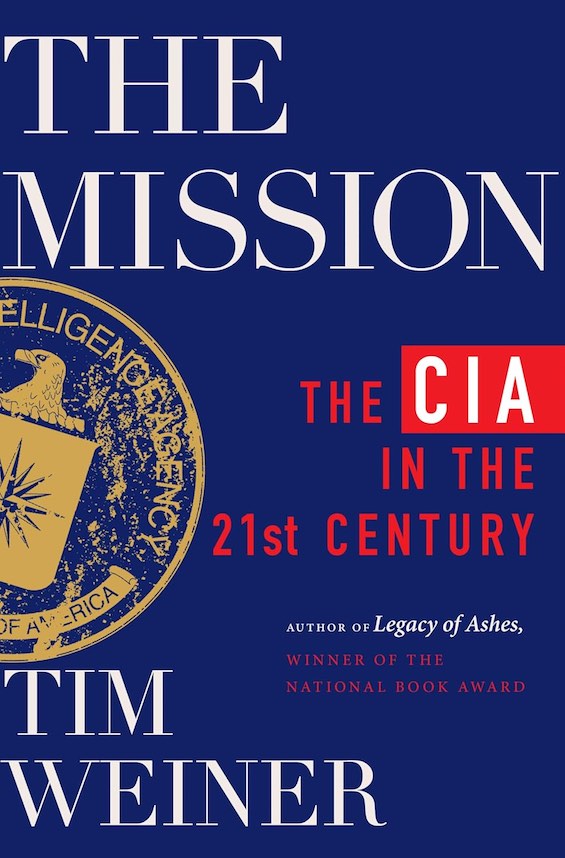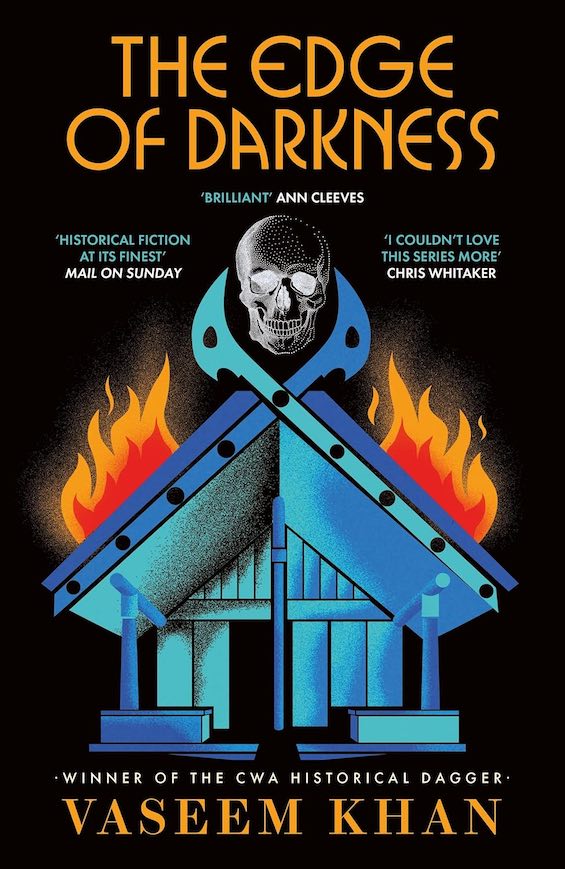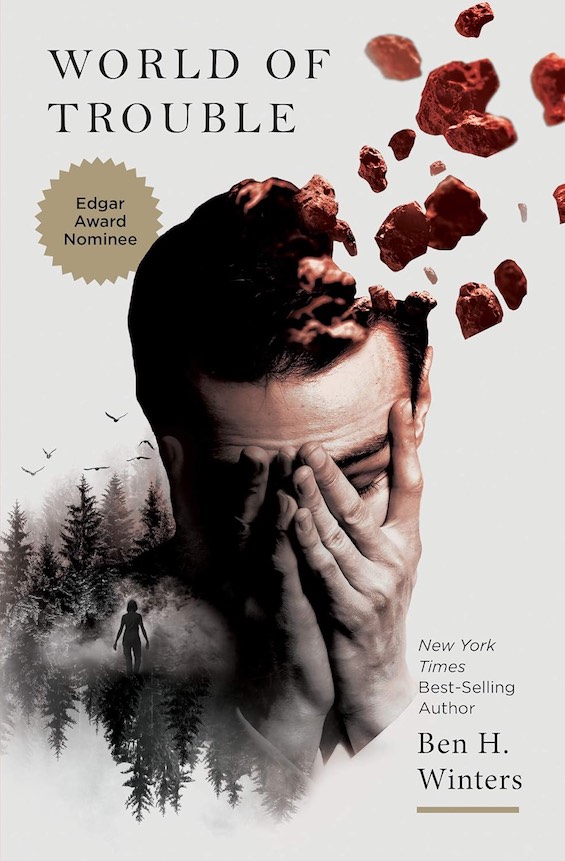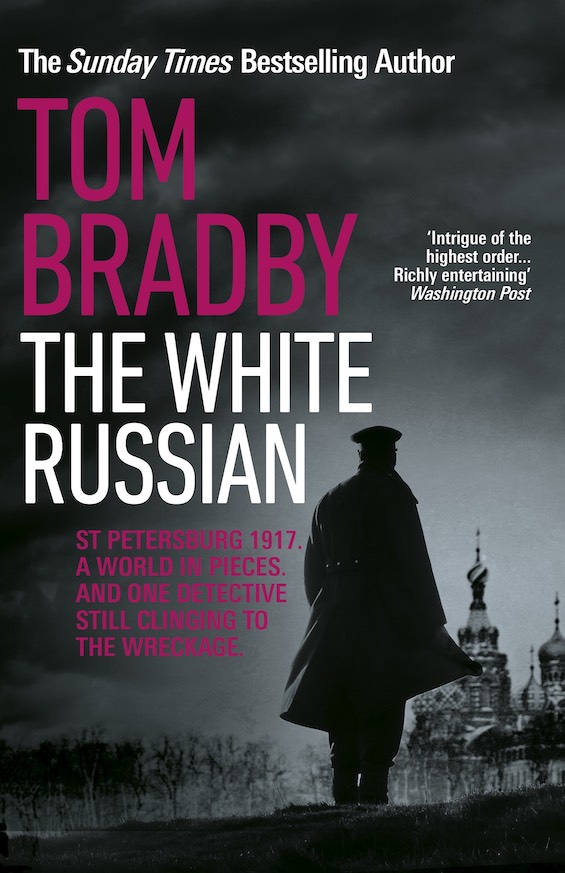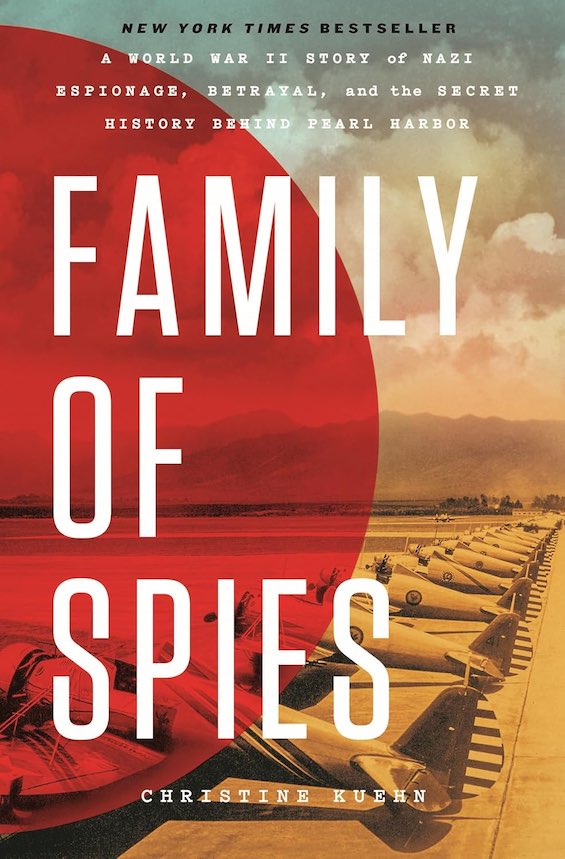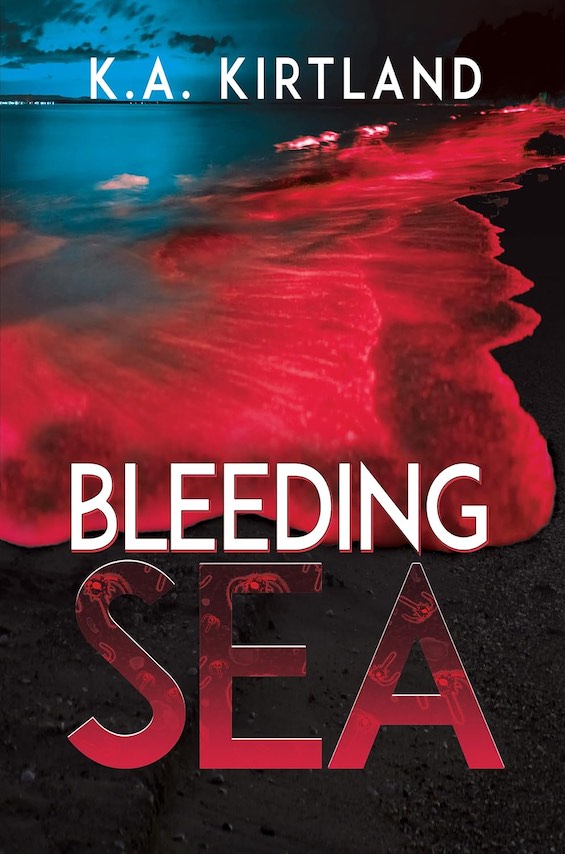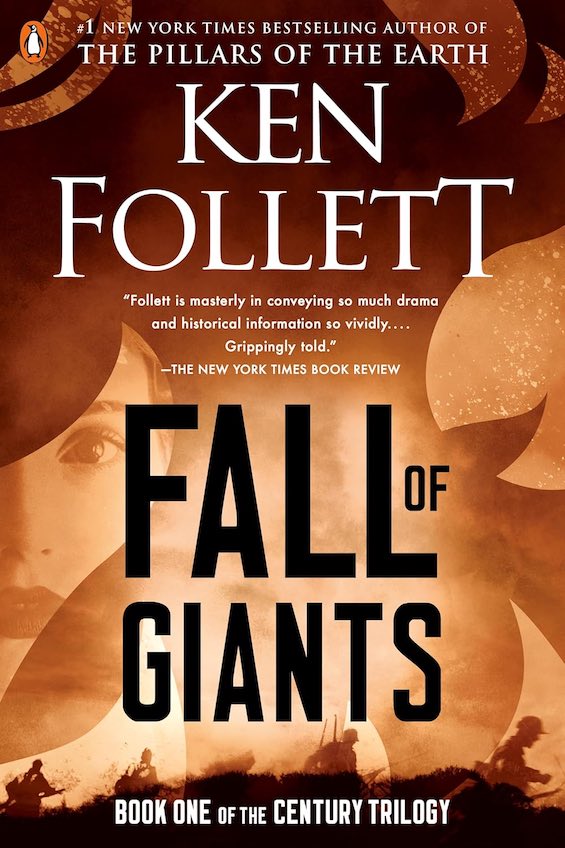No large institution is free of corruption. The temptation to gain personal wealth or power is too great for some individuals to ignore. Of course, the incidence of self-dealing may be lower in business organizations engaged in fierce competition. Corruption adds costs that top executives are usually inclined to eliminate. The same may be true in democratic institutions where checks and balances abound. But in any one-party system, endemic corruption is inevitable. The histories of Russia, India, Mexico—and China—bear out this truth. And Chinese corruption is especially dramatic. Today, President Xi Jinping confronts it at every turn, no matter how many “anti-corruption” campaigns he may mount. Widespread corruption, from the very top to the village level, has been a reality in China for centuries. And the Chinese American author Qiu Xiaolong explores that theme as it appeared early in this century in Enigma of China.
A special assignment to cover up a murder
The novel is the eighth in Qiu’s long-running series of detective tales featuring Chief Inspector Chen Cao of the Shanghai Police Bureau. Chen is a “rising Party cadre” who heads the Special Cases Squad organized to tackle the most politically sensitive investigations. But in Enigma of China, Chen has been elevated to the position of Deputy Secretary of the Communist Party in the police bureau. His friend and assistant, Detective Yu, now effectively runs the day-to-day operations while Chen deals with the challenges thrown his way by his superior, Party Secretary Li Guohua, or his influential patron in Beijing.
This time it’s Li who orders Chen to take on an unusual assignment. He is to serve as a “consultant” to the homicide Detective Wei on an investigation into the death of Zhou Keng, a senior city official in a five-star hotel room. The hidden agenda: Wei and Chen are ordered to conclude that Zhou died a suicide, no matter what the evidence might show. Except that such direction runs counter to Chen’s nature—and to Wei’s as well.
Enigma of China (Inspector Chen Cao #8) by Qiu Xiaolong (2013) 288 pages ★★★★☆
A dangerous investigation that may turn deadly
As Wei has learned from the city officials who have rushed to the hotel to investigate, Zhou Keng was the director of the Shanghai Housing Development Committee. “About two weeks ago,” Wei explains to Chen, “he was targeted in a ‘human-flesh search,’ or crowd-sourced investigation, on the Internet. As a result, a number of his corrupt practices were exposed. Zhou was then shuangguied and kept at the hotel, where he hanged himself last night.” (Shuanggui is a sort of extralegal detention by Party disciplinary bodies. When we read of high officials who have disappeared in corruption investigations, they’ve been shuangguied.)
However, the way that “human-fleshed search” got started is the central mystery in the novel. Someone had sent a photograph of a pack of cigarettes on a table in front of Zhou to a blogger the government considered a troublemaker. That pack of cigarettes was of a brand available only to the highest officials in China, who live inside the Forbidden City in Beijing. Which suggests to the blogger some sort of corrupt relationship. That photo could only have come from Zhou’s computer. But who could have sent it to the blogger?
Naturally, evidence turns up that Zhou was in fact murdered. Either Zhou himself, or someone else, had administered a large dose of sedatives, the autopsy reveals. However, high-ranking officials from both the city and from Beijing descend on the hotel in an effort to ensure that the verdict is suicide nonetheless. Soon, it’s clear that Wei and possibly Chen as well are risking their lives if they continue their investigation.
Warning: this book ends on a cliffhanger. It will leave you with a vivid sense of the uncertainty that reigns in China today.
About the author
For a biographical portrait of the author, see “Qiu Xiaolong and the Chinese Enigma” by Caroline Cummins in January Magazine. Or check out any of my reviews of the previous seven novels in this series. (They’re linked below.)
For related reading
I’ve also reviewed all seven of the previous books in this series:
- Death of a Red Heroine (A gripping Chinese police procedural)
- When Red Is Black (This gripping crime novel shows China in transition)
- A Case of Two Cities (A detective investigates corruption in the Chinese Communist Party)
- A Loyal Character Dancer (In a Chinese murder mystery, the legacy of the Cultural Revolution looms large)
- Red Mandarin Dress (As China changes, a serial murder case challenges the police and the Party)
- The Mao Case (Hunting the ghost of Mao Zedong in 1990s Shanghai)
- Don’t Cry, Tai Lake (Inspector Chen confronts environmental crime in a Chinese city)
And I’m reviewing the whole series in chronological order at The best Chinese detective novels.
Check out The best mystery series set in Asia, 30 insightful books about China, and The best police procedurals.
And you can always find the most popular of my 2,300 reviews, and the most recent ones, on the Home Page.





